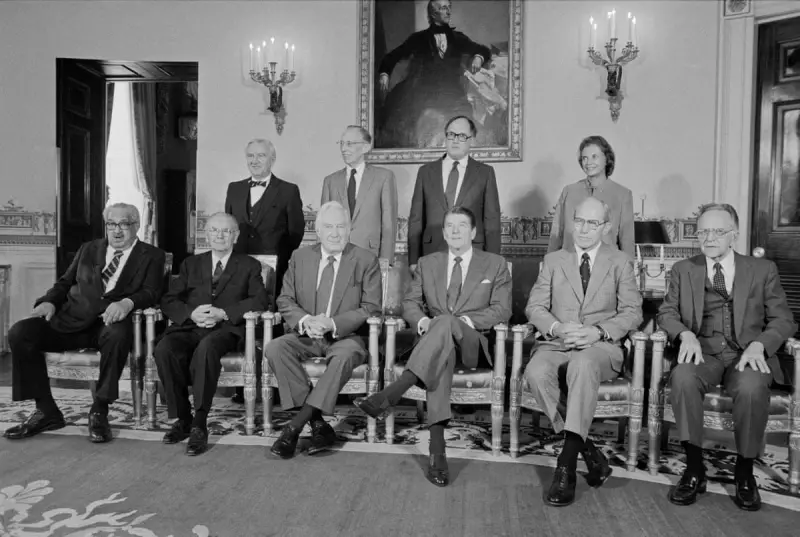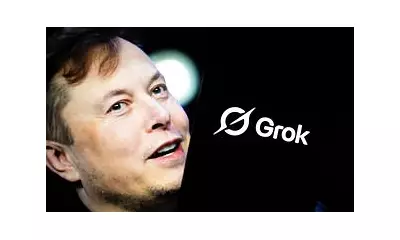
In what can only be described as a watershed moment for American journalism, the appointment of conservative commentator Bari Weiss to CBS News represents the culmination of a fifty-year ideological journey within mainstream media. This isn't merely another hiring decision; it's the endpoint of a transformation that has fundamentally reshaped the landscape of American news reporting.
The Unthinkable Becomes Reality
Imagine telling a news executive from 1975 that a prominent conservative firebrand would one day occupy a prime-time seat at one of America's most established news networks. The suggestion would have been dismissed as pure fantasy. Yet here we are, witnessing Bari Weiss's ascension to CBS News, a move that underscores how dramatically the media environment has evolved.
The Long March Through Institutions
This transformation didn't happen overnight. It has been a gradual process spanning five decades, characterised by several key developments:
- The rise of conservative media empires that created parallel information ecosystems
- The erosion of public trust in traditional news organisations
- The financial pressures facing legacy media in the digital age
- The ideological migration of conservative voices from fringe to mainstream
Weiss as Symbol and Substance
Bari Weiss embodies this transformation perfectly. Her journey from New York Times opinion writer to independent platform founder to CBS News contributor illustrates how the boundaries between establishment media and conservative commentary have blurred beyond recognition. Her appointment isn't just about adding a different perspective; it's about acknowledging that the old rules no longer apply.
The New Media Reality
What does this mean for the future of journalism? The implications are profound:
- Mainstream media continues its ideological diversification in response to market pressures and changing audience demands
- The traditional gatekeeping function of news organisations has been permanently altered
- Audiences now expect to see their ideological perspectives reflected even in legacy outlets
- The very definition of 'objective journalism' is being rewritten in real time
This moment represents more than just a career move for one commentator. It signals that the American media landscape has completed a transformation that began when the first conservative think tanks started challenging what they called the 'liberal media monopoly' half a century ago. The walls have not just been scaled; they've been thoroughly integrated.





